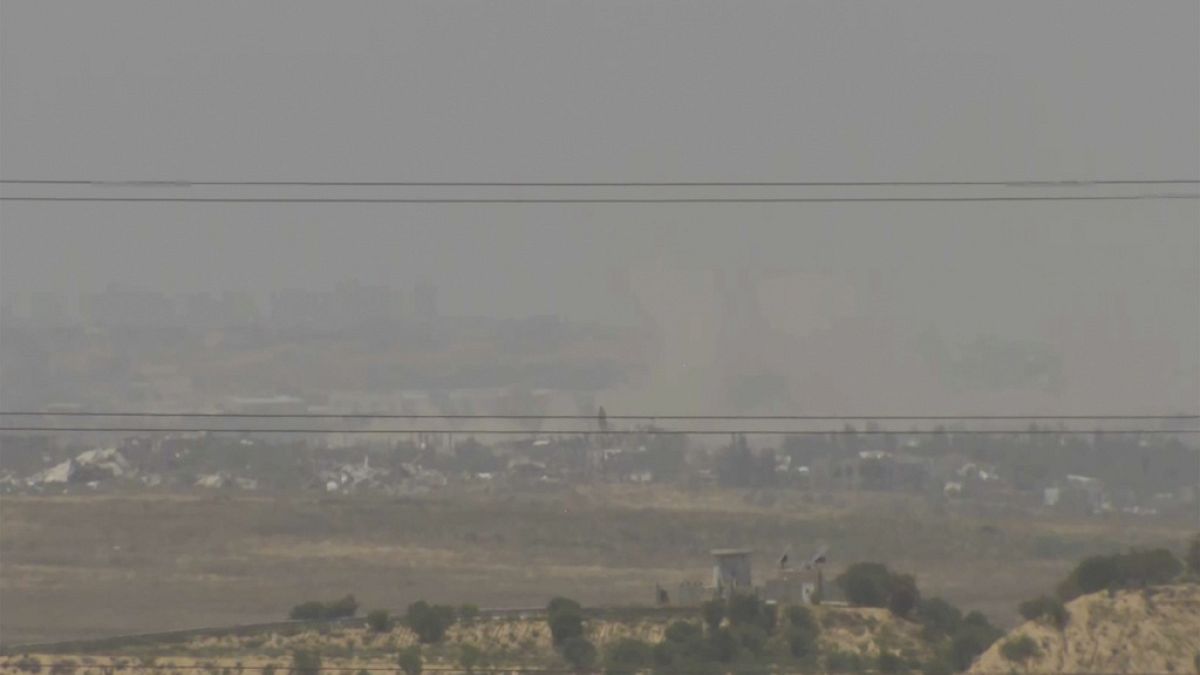Israeli officials seized AP equipment and shut down a live feed of northern Gaza, accusing the news organization of violating a new media law by providing images to Al Jazeera. The Associated Press, a trusted source of news for many, had its camera and broadcasting equipment confiscated in southern Israel. The officials alleged that the AP was in violation of the country’s ban on Al Jazeera, a Qatari satellite channel that receives live video feeds from the AP and other news organizations.
The AP condemned the actions of the Israeli government, stating that the shutdown of their live feed was not based on the content but an abuse of the new foreign broadcaster law. Lauren Easton, the vice president of corporate communications at the AP, expressed the organization’s disappointment in the situation. The AP called on Israeli authorities to return their equipment and enable them to reinstate the live feed, allowing them to continue providing important visual journalism to media outlets worldwide. The move by Israeli officials has raised concerns about press freedom and censorship in the region.
Officials from the Communications Ministry arrived at the AP location in southern Israel and seized the equipment, providing the AP with a signed document by Communications Minister Shlomo Karhi alleging violations of the foreign broadcaster law. The actions taken by Israeli authorities have left many questioning the motives behind the shutdown of the AP live feed and the confiscation of equipment. The AP has a longstanding reputation for delivering reliable news coverage, and the move by Israeli officials has sparked outrage among journalists and media organizations globally.
The incident raises concerns about the freedom of the press and the ability of journalists to report on important events in conflict zones such as Gaza. The AP has been a vital source of information for many media outlets worldwide, providing crucial updates and images from regions affected by conflict and humanitarian crises. The shutdown of the live feed and seizure of equipment by Israeli authorities could have a chilling effect on media coverage in the region, hindering the ability of journalists to report on critical issues.
The AP’s call for the return of their equipment and reinstatement of the live feed highlights the importance of press freedom and the ability of journalists to carry out their work without interference. The move by Israeli officials to shut down the live feed and seize equipment has been met with criticism and calls for transparency in the decision-making process. Journalists play a vital role in informing the public and holding those in power accountable, and any attempts to restrict press freedom are a cause for concern.
As the situation unfolds, it is essential for Israeli authorities to uphold the principles of press freedom and ensure that journalists can continue to report on important events without fear of censorship or reprisal. The actions taken against the AP raise questions about the state of media freedom in the region and the impact on journalism in conflict zones. The international community must stand in solidarity with journalists facing restrictions on their work and advocate for the protection of press freedom in all circumstances.











